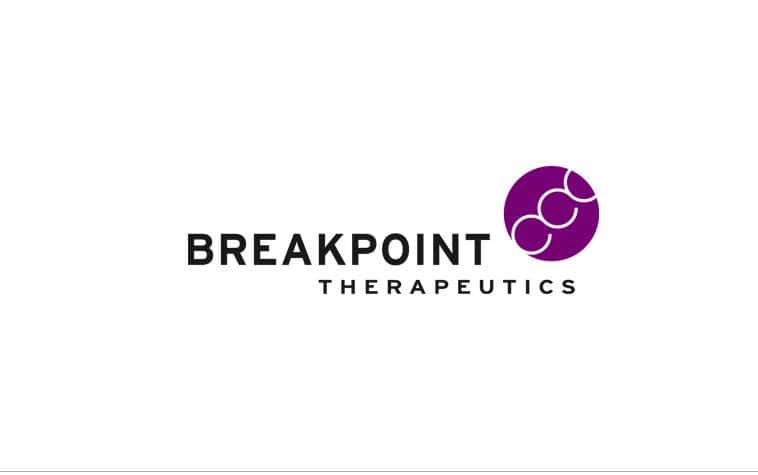
German biotech Evotec has decided to bundle its cancer therapeutic programmes focused on DNA damage response (DDR) into a new spin-off company.
Called Breakpoint Therapeutics, the new entity comes into being with a clutch of discovery-stage assets and drug targets and a war chest of around €30m ($34m) provided by Evotec, life sciences investor group Medicxi, the venture capital arm of Japanese drugmaker Taiho.
Evotec says the DDR programmes are based on signalling pathways which allow cells to sense and respond to DNA damage, although there’s not much information available on the assets or targets yet as the first candidate isn’t expected to be ready for human trials until 2022.
Cancer treatment like radio- and chemotherapy work by damaging the DNA of quickly dividing cells in order to kill them, but malignant cells can develop genetic changes in DDR pathways that protect them from that damage.
Those same changes could make the cancerous cells “exquisitely and selectively sensitive to drugs that modulate DDR pathways,” says Evotec, potentially allowing the development of drugs that preferentially kill cancer cells, while minimising the impact on normal cells.
It adds: “modulating DNA damage responses thus offers hope to many cancer patients: those who don’t respond to existing therapies and those who may respond but suffer greatly from side effects.”

Dr Daniel Speidel (Pic: Twitter)
Breakpoint will be led by managing director Dr Daniel Speidel, who joined Evotec a year ago specifically to develop the DDR programmes into a “highly-virtual” spin out that will still have access to Evotec’s drug discovery and development mechanisms.
Spinning the programmes into a stand-alone company could provide some much-needed focus and nimbleness, as Breakpoint will be up against some heavyweight competition in the DDR field.
Among its rivals is AstraZeneca (AZ), which has made DDR one of four key platforms in its oncology R&D and has already brought one drug – Merck & Co/MSD-partnered PARP inhibitor Lynparza (olaparib) – to market for breast and ovarian cancer. Other PARP inhibitors are also on the market from Tesaro, Clovis and Pfizer.
AZ says it is also working on compounds that modulate the effects of other DDR targets including WEE1, ATR, ATM, Aurora B, and DNA-PK, both as monotherapies and in combinations.
There are smaller rivals too, including Sierra Oncology which reported preliminary results in anogenital cancers with a DDR candidate targeting CHK1 – called SRA737 – at last year’s American Society of Clinical Oncology (ASCO) meeting.




